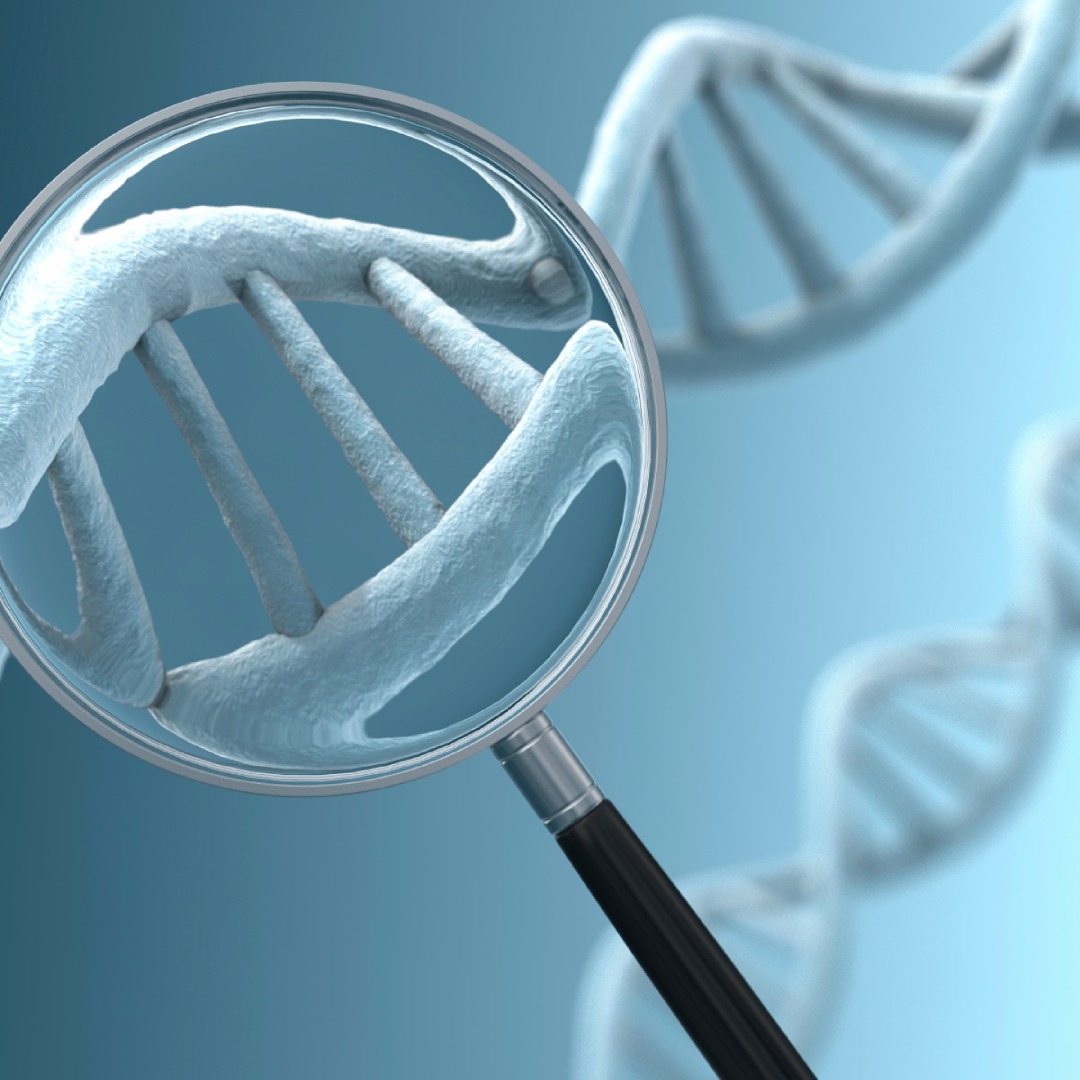
Genetic testing for cancer involves analyzing a patient’s DNA to detect mutations or genetic changes that might be responsible for causing cancer or increasing the risk of developing it. This testing provides insights into:
At Dr. AV Cancer Institute, we utilize the latest genetic testing techniques, including Next-Generation Sequencing (NGS), which provides a detailed analysis of the genetic factors contributing to the development of cancer. By doing so, we offer our patients the ability to make informed decisions about their health and cancer treatment.



© Copyright 2023 Dr.AV Cancer Institute. All right reserved
You can see how this popup was set up in our step-by-step guide: https://wppopupmaker.com/guides/auto-opening-announcement-popups/